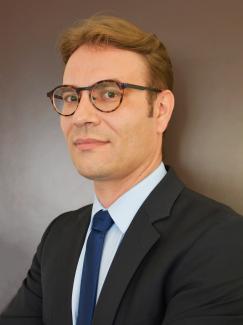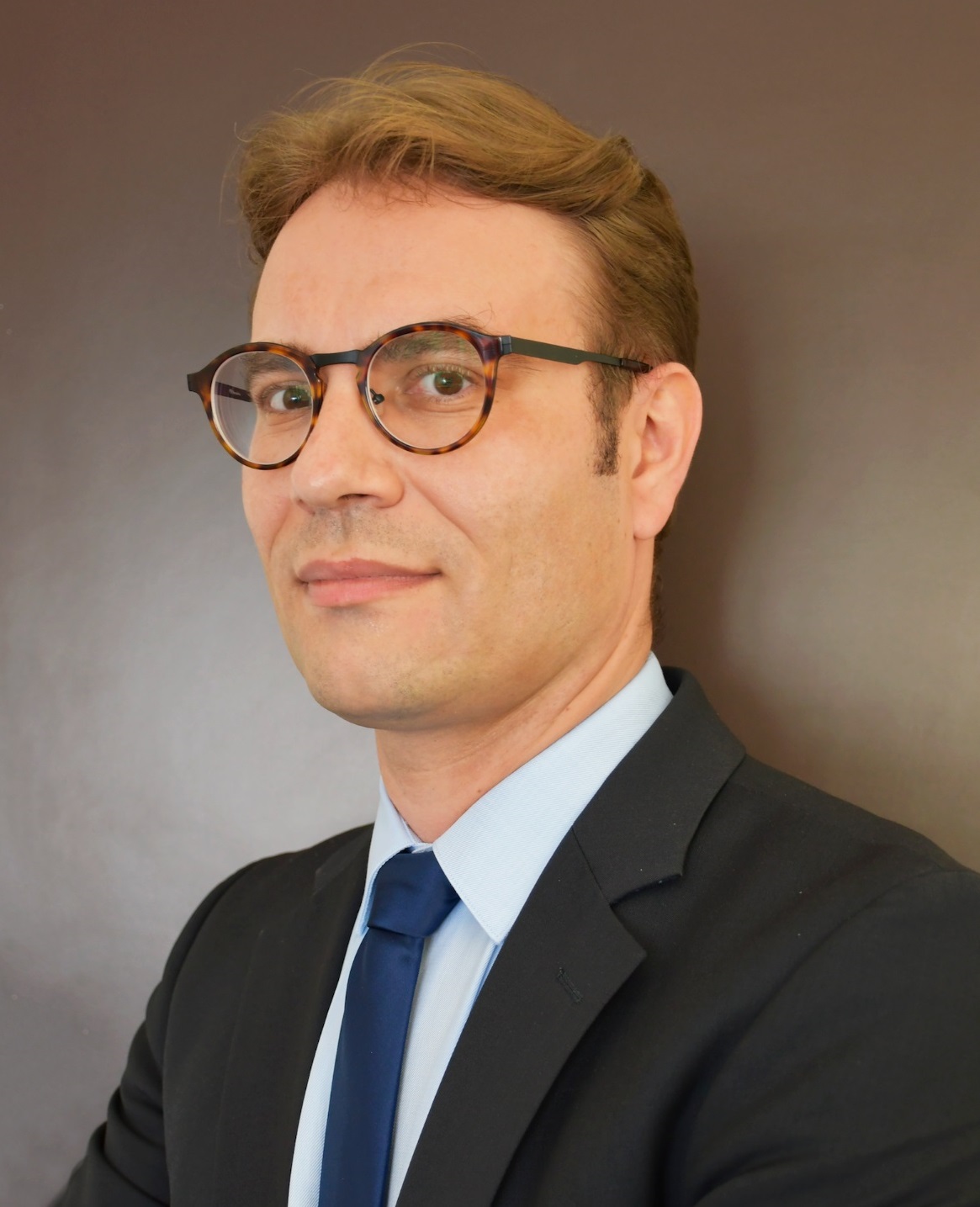Circumstantial Pacifism: Political Parties and the Participation of the Bundeswehr in Foreign Operations
In Germany's parliamentary democracy, political parties play an important role in mandating Bundeswehr missions abroad and in overseeing their deployment. The political debate on these deployments is polarized between opponents, who are called “pacifists”, and supporters, who are called “militarists”.

There are many reasons, including historical ones, for Germany’s unease about military deployments abroad. But the issue of “pacifism” is often a catalyst that prevents the parties from having a calm discussion on the question of military interventions and leads them to be very cautious on this issue. However, party attitudes toward military intervention is likely to play an increasingly important role in the debate. In the run-up to the September 2021 federal election and in the face of an increasingly fragmented political landscape that may lead to the formation of a three-party coalition, this issue may prove crucial because of the political differences between the parties.
Moreover, in the current transatlantic and European context, this issue has become a marker by which Germany’s credibility on the international stage and vis-à-vis its partners in the Atlantic Alliance will be determined. Indeed, this German reticence is less and less accepted and understood, and military interventions are one of the key issues on which a candidate must take a stand in order to appear a credible contender for the chancellorship. Many parties are shifting their positions and debating future federal military deployments. These divisive issues within the parties could influence the choice of the future coalition.
Paul Maurice is a Research Fellow at the Study Committee on Franco-German Relations (Cerfa) at the French Institute of International Relations - Ifri, where he specifically works on issues of German domestic policy and Franco-German relations in the context of European integration.
This publication is available in French: "Un pacifisme à géométrie variable : les partis allemands et la participation de la Bundeswehr à des opérations extérieures" (pdf).
Related centers and programs
Discover our other research centers and programsFind out more
Discover all our analysesThe Franco-German Brigade and the Revival of European Defense
One thing has been clear since Donald Trump's return to the White House: the very existence of the European unification project is threatened. Unless it develops a sovereign defense policy to counter the war in Ukraine and the weakening of American security guarantees, the European Union will continue to see its internal cohesion and external attractiveness wane.
Friedrich Merz and the Zeitenwende 2.0. A “New Era” for Transatlantic Relations?
On February 23, 2025, almost 60 million voters were called upon to elect a new Bundestag. These elections will also give rise to a new government in Europe's largest economy.
After the Elections: Germany in Search of Shaken Stability?
With a voter turnout of 82.5%, Germany recorded its highest participation since 1987—an increase of 6.1 percentage points compared to 2021. As in the previous election, the high turnout particularly benefited the Alternative for Germany (AfD), which was able to mobilize many former non-voters. Many voters sought to punish the outgoing government with their ballots, as its approval rating had dropped to just 14% before the coalition broke apart in November 2024. Germany is now very likely heading toward a grand coalition between the CDU/CSU and the SPD, with exploratory talks having begun on February 28.
The German Greens as an Alliance Party: The End of an Illusion?
At the Wiesbaden Congress in November 2024, Robert Habeck, currently Minister for the Economy and Climate, was nominated as the Green Party’s candidate for the Chancellorship in the early parliamentary elections on February 23, 2025. The party, founded 45 years ago, is now firmly established in the German political landscape. Wishing to turn the page on an unloved ‘‘traffic light’’ coalition, the party is banking on a personal campaign and an optimistic discourse based on the energy transition and social justice.











